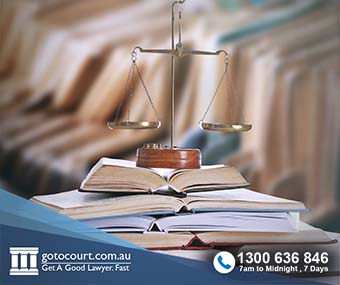Stamp Duty in New South Wales
Stamp duty is a levy that is imposed on dutiable transactions and that operates similarly to a tax. In New South Wales, it is administered by the NSW Office of State Revenue and governed by the Duties Act 1997. This page deals with stamp duty in New South Wales.
Dutiable transactions and stamp duty
The most common kind of dutiable transaction is a transfer of dutiable property or an agreement to sell or transfer dutiable property.
Other kinds of dutiable transactions include:
- declarations of trust
- mortgage foreclosures
- entering into a lease under which you have to pay a premium
Some other common examples of dutiable transactions include transfers of shares or units, and transfers of land.
There are a number of concessions and exemptions from stamp duty.
What is dutiable property?
In New South Wales, dutiable property includes:
- land
- shares and units that are not listed on the ASX
- options to purchase land, and
- business assets.
Paying stamp duty
Generally speaking, the person who purchases the dutiable property is the party who has to pay stamp duty. When the liability to pay duty arises depends on the type of dutiable transaction. For example, if it is a transfer of land, the liability arises at the time of the transfer. If it is a declaration of trust, the liability arises at the time the declaration is made.
To pay stamp duty, a person must lodge any agreement under which the transaction occurred with the Office of State Revenue for stamping. A person may also be required to lodge a form, particularly if they are claiming an exemption from stamp duty or if the dutiable transaction occurred without a written agreement.
The lodgement must be made within three months of the date that liability to pay stamp duty arose. The duty itself must also be paid within that three-month period. Failure to comply with these deadlines may lead to financial penalties.
How much stamp duty is payable?
How much stamp duty a person is required to pay depends on the dutiable value of the transaction and the kind of property that is transferred. The dutiable value is generally taken to be the greater of:
- the amount paid for the property; and
- the property’s value free from any encumbrances.
Rates of stamp duty are set out in Division 2 of the Duties Act 1997.
In the case of land, the rate of stamp duty that is payable depends on the threshold range that applies to the transaction. For example, if a property falls within the threshold of $304,000 to $1,013,000 the stamp duty payable will be $9112 plus $450 for every $100 above the minimum threshold amount ($304,000).
In the case of shares or units, the rate is 60c per $100.
Concessions and exemptions
There is a significant number of exemptions and concessions that apply to stamp duty in New South Wales. These depend on the kinds of property being transferred, and the relationship between the buyer and seller.
For example, if a person is married and transfers an interest in residential land to their spouse, the transfer may be exempt from stamp duty. Any transfer that is made after a divorce may also be exempt from stamp duty if it is made for the purposes of dividing the matrimonial property.
As mentioned above, shares and units that are quoted on the ASX are not dutiable property and so their transfer is exempt from stamp duty.
The first home buyers’ scheme
Under the First Buyers Assistance Scheme, from 1 July 2023, there is a full exemption from stamp duty for a person buying a new or existing home valued at up to $800,000. A person buying a home valued at between $800,000 and $1,000,000 may qualify for a concessional rate.
A person buying vacant land to build a new home may receive an exemption form stamp duty for land valued at up to $350,000. A person buying land valued at between $350,000 and $450,000 may receive a concessional rate.
If you require legal advice or representation in any legal matter, please contact Go To Court Lawyers.






